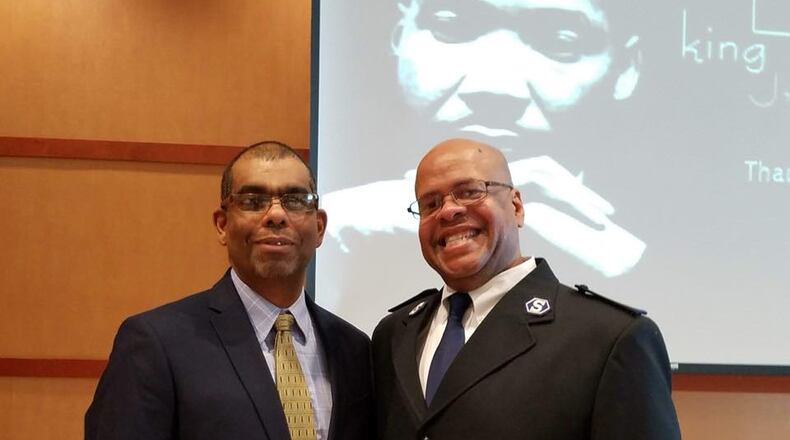I thought about this because I recently underwent a prostate biopsy (negative) and my dear friend, William “Kip” Moore, has been diagnosed with colorectal cancer.
But I also know men who have refused to get either exam and the Masculinity and the Body: How African-American and White Men Experience Cancer Screening Exams Involving the Rectum study published on National Center for Biotechnology Information’s website explains why.
The men studied see the exams as a threat to their masculinity.
I don’t need to go into the details of how doctors perform these exams but suffice it to say they are uncomfortable and invasive ― but critical ― procedures.
Prostate cancer is the second leading cause of death among men and colorectal cancer ― defined as cancer that starts in colon or rectum ― is the third-leading cause, according to the American Cancer Society.
If that isn’t enough to convince you, check out the survival rates. Catch prostate cancer early and men have a 98%, 5-year survival rate. But if it spreads, the rate drops to 31%.
Colorectal cancer is worse, with just a 14%, 5-year survival rate if the cancer has spread to other parts of the body.
Black men and other men with a history of these cancers in their family are most at risk, according to the Cancer Society.
And with numbers so daunting, some men are still reluctant to get checked.
“Overall, we know that nearly all people who should be screened procrastinate for some reason ― cost, time of work, stigmas associated with the tests and with the possible cancer outcome” Trudy Loper, the senior director of screening for the Colorectal Cancer Alliance, said. “We have to do more to promote screening options and meet people where they are to ensure that we can prevent and catch this disease early. This will save lives.”
That’s why groups like the Alliance have launched a screening drive to get 10,000 people screened for colon cancer in March, which happens to be National Colorectal Cancer Awareness month.
Moore, known for, among other things, his active role in local community theater, said, he truly did not understand the importance of getting tested until it hit home.
In his case, the doctors caught his cancer early and his prognosis is excellent. He will start chemotherapy this month.
He still had a message:
“Don’t play the waiting game,” he told me. “Time is truly of the essence and (understand) how necessary it is to get diagnosed early when it’s treatable.”
Ray Marcano, a former Dayton Daily News editor, is a media lecturer at Wright State. He’s the former national president of the Society of Professional Journalists, a two-time Pulitzer juror and a Fulbright fellow.
About the Author

